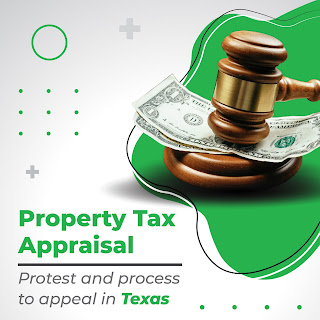Commercial Real Estate Tax Benefits and How to Gain Advantage of Them
In commercial real estate, there are many tax benefits for investors and owners. In this post, there are top 7 most commonly used tax benefits in the industry, and how to gain advantage of them.
Top 7 Tax Benefits for Commercial Real Estate:
Commercial Mortgage Interest is Tax Deductible
Depreciation is a Tax Benefit
Non-Mortgage Expenses
Lower Capital Gains Tax Rate
Qualified Business Income Tax Deduction
Federal Tax Credits
Tax Advantages for Commercial Real Estate Losses
Commercial Mortgage Interest is Tax Deductible
Just like home owners, commercial real estate owners can reduce their commercial mortgage interest from their taxes. In some cases, this deduction is high enough to balance the taxes owed on profits generated by a property. This is particularly true in the case of mortgages with higher interest rates.
Depreciation is a Tax Benefit
The IRS permits investors and owners to claim depreciation as a tax deduction over 39 years for commercial properties.
There are a couple of approaches to use depreciation as a tax benefit. Other than the yearly IRS consent, investors can hire an engineering firm to do a cost depreciation study for more limited timeframes. This allows for higher deductions in the short-term. Bonus depreciation deductions allow investors to benefit even faster.
Non-Mortgage Expenses
Keeping up a commercial property tax takes a lot of work. Various costs related with this upkeep are deductible. These expenses can include:
Repairs
Maintenance
Management expenses
Renovations
Upgrades
Condo fees
One main thing is that not these costs are qualified for everybody. In this case, with the right advice, investors can likewise deduct operational costs, such as travel to and from a property, hotel expenses, and part of food and beverage costs.
Lower Capital Gains Tax Rate
For those who are planning for retirement, commercial real estate investment brings up some tax benefits over a traditional IRA. IRA gains are taxed at a personal rate when withdrawn. By contrast, the capital gains from the sale of a commercial property are usually taxed at a lower rate.
To gain more advantage of this tax benefit, start investing in commercial real estate to maximize gains at the time of retirement. This would be a great approach for business owners looking for security in assets in the case of business closure.
Qualified Business Income Tax Deduction
In commercial real estate, one of the most exciting things for investors about the Tax Cuts and Jobs Act is Sec 199A. Sec 199A covers the qualified business income (QBI) deduction, a tax deduction of 20% of qualifying income, plus 20% of qualified real estate investment trust (REIT) dividends.
Federal Tax Credits
The U.S. federal government provides numerous tax credit programs which benefit commercial real estate investors. These programs include:
Low-Income Housing Tax Credit (LIHTC)
Historic Tax Credit (HTC)
New Markets Tax Credit (NMTC)
Understandably, each of these programs is designed to benefit specific interests.
Tax Advantages for Commercial Real Estate Losses
While no one wants to think about taking a loss on property, it’s reassuring to realize that there are wellbeing nets set up for commercial real estate investors. Many losses incurred through commercial properties can be claimed as deductions, depending on an investor’s income and whether they work in the industry.
Anyone who owns commercial real estate can obtain these wonderful tax benefits.



Comments
Post a Comment